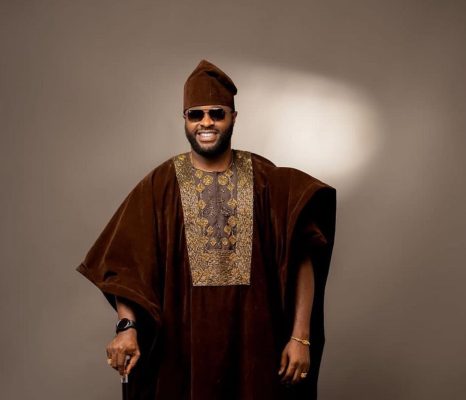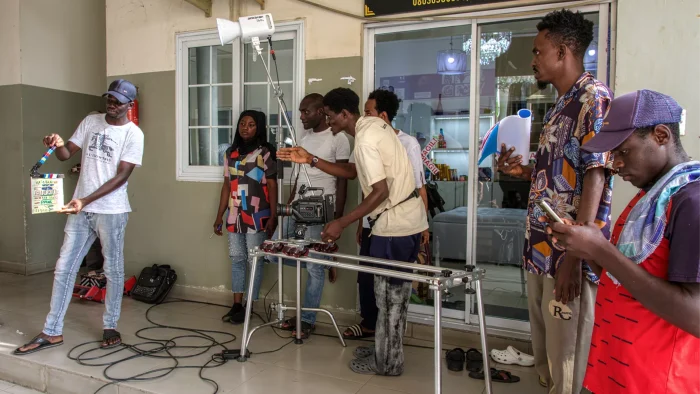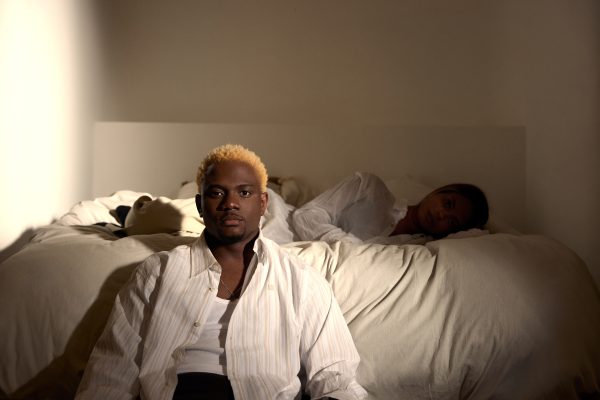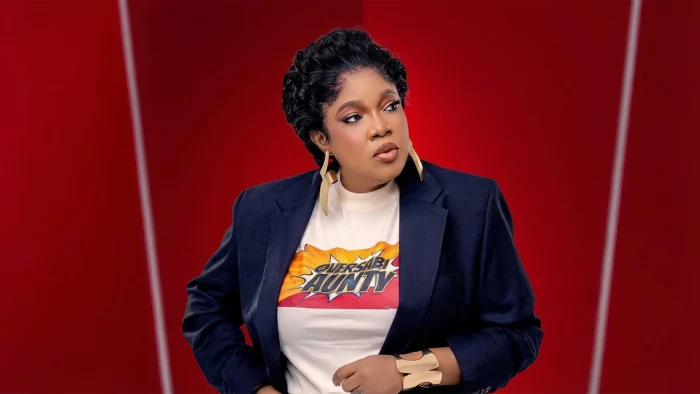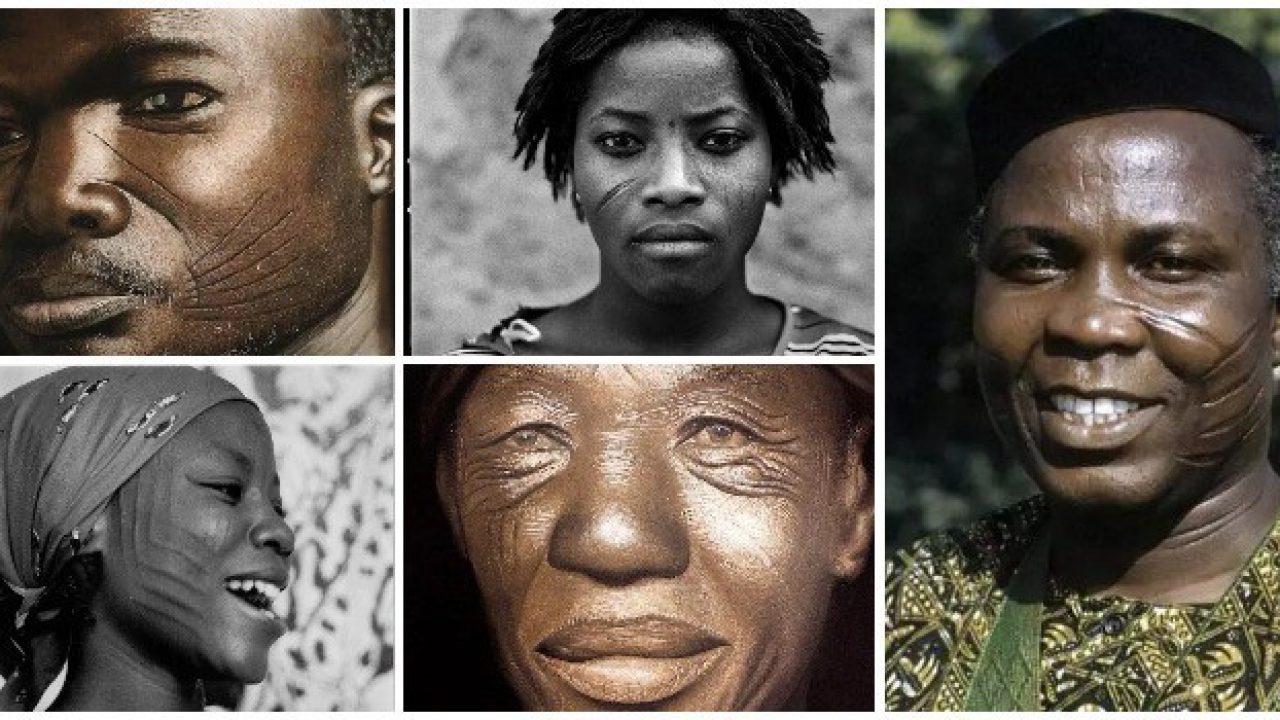
When Bola walked into the class, the first thing the children noticed was the tribal mark on her face. At first, they ignored her, but later, they asked if her dad has a dog that bit her.
She told them no, that it was just a tribal mark. They pretended they understood but subsequently, once they have any altercation with Bola, it is easier to refer to her tribal marks, and she cried each time.
As they grew older, they understood better that Bola had no choice but to live with those marks and they tried to be nicer. However, once in a while, they still wondered how someone would think those scars were beautiful.
[ad]
So many things have changed in our cultural beliefs in Nigeria; this is because of civilisation and modernisation. Nigerian culture is beautiful; however, the standard for measuring what is beautiful has changed.
Tribal mark is one of these cultural practices that are fading quickly. Often, people with tribal marks are often older generations.
Before now, tribal marks mean differently to different people and tribes. While to some, it is for beauty, to some, it is to mark out slaves, to some for protection and it is medicinal to some.
The method of making these marks is painful. They are made through scarification techniques. People who make these marks usually use razors or sharp objects to make them on children’s faces or other parts of their bodies. Then they rub native dye from charcoal marks to prevent the skin from closing up as the body tries to heal itself. The native dye also helps to stop bleeding.
[ad]
Nowadays, tribal marks have become the dying lore of ancient days. Some young people who have it feel resentment towards their parents for giving them such scars.
There have been reports of many who resorted to plastic surgery to reduce the effect of the scars or obliterate them.
People have given so many reasons for the eradication of tribal marks in Nigeria and below are some:
Bullying
At a tender age, children are confused about so many things and among them is why someone has marks on their faces. We all have been there, giving people nicknames because of the tribal marks on their faces, it may be fun to you but to those involved, it is frustrating. This bullying does not end when they are young, it is a forever thing. The people they want to date often are not interested in dating people with tribal marks and so it continues. They keep suffering for a decision they did not make themselves.
Risk of infection
Children are prone to get infected easily. Having marks on their faces makes it easier. The use of unsterilized razors or sharp objects to make them on children’s faces or other parts of their bodies make them open to infections. People who pushed for the eradication of female genital mutilation also pushed for the eradication of tribal marks.
With the increase in the cases of HIV/AIDS and blood -related infections, it is becoming deadly to use sharp objects on people especially as such objects in rural and even urban societies can enhance further transmission of the diseases.
Also, the use of tribal marks as a means of identification and beautification among the Yoruba tribe is no longer a norm and some Yoruba states have enacted certain laws that prohibit the use of the marks.
Violators of the law are liable to fines or imprisonment (or both). In Oyo State, for example, the prohibition of tribal marks is an integral part of the state Child Rights Law, a law that imposes fine or one-month imprisonment or both for violation.
According to the law “No person shall tattoo or make a skin mark or cause any tattoo or skin mark to be made on a child”.
Different stories have been told by many people with tribal marks and none have been fun so far.
[ad unit=2]



